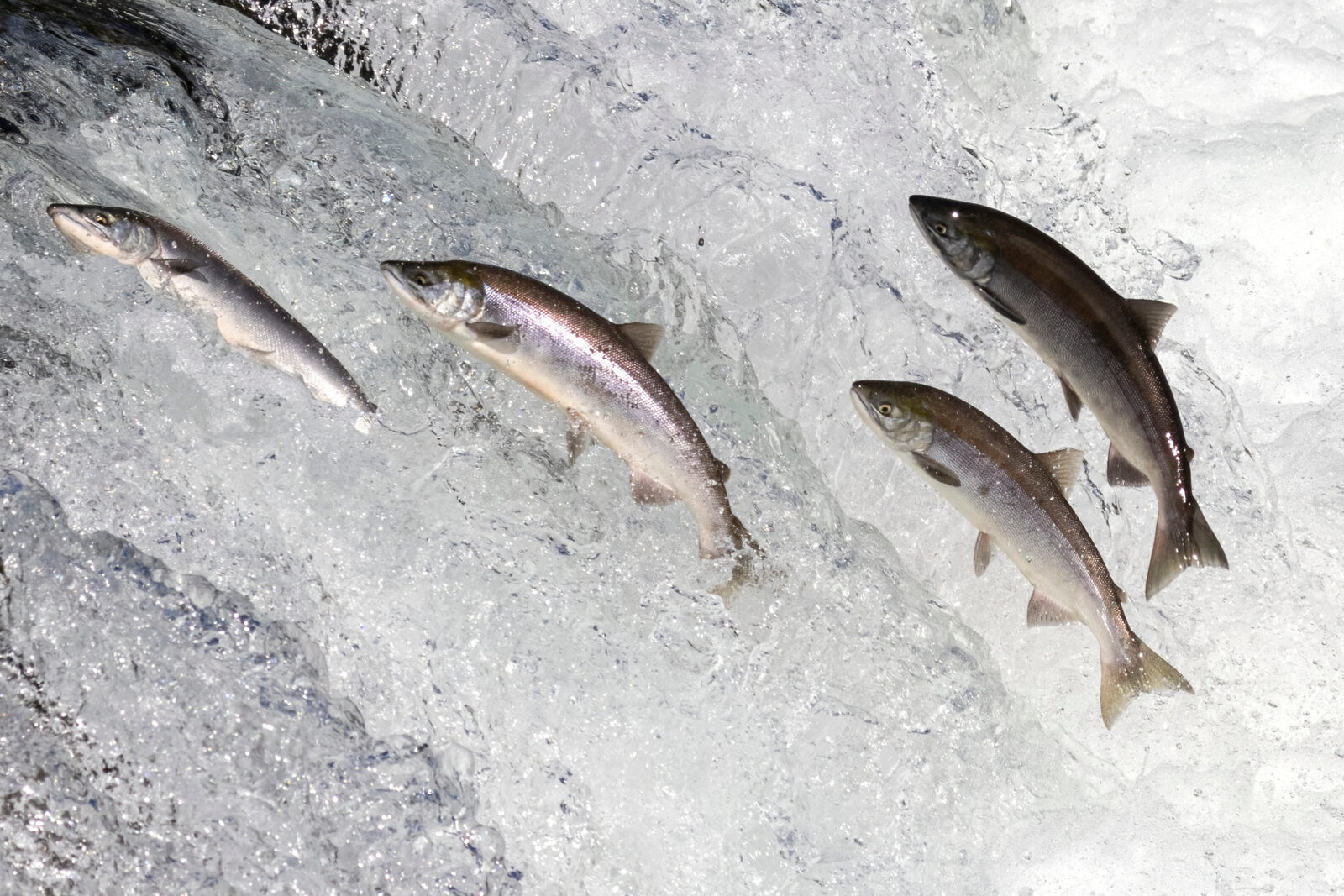Lawmakers seek compromise plan for another Amtrak train in county

We’ve made little progress between Pig War and Fish War
Something is fishy in the salmon dispute with Canada. Why would two friendly countries who do a billion dollars of business with each other each day wind up in a public relations confrontation like the blockading of the Alaska Ferry in Prince Rupert, BC? In political terms, who was supposed to be persuaded by British Columbia’s Premier Glen Clark calling Read More ›
Cascadia: borderless solutions
Most of us grew up listening to the songs of government in four-four time. The metronome ticked off a familiar beat: city, county, state fed. But the world has never been that plain. There are all sorts of borders, lines of government jurisdiction written with distinct rhythms. Thesounds also can come from international agreements and treaties, from tribes, and from Read More ›

Arts world in Seattle area teeming with action
Here is a curious–yet somehow typical–story of Seattle’s civic spirit. Seven years ago, the area’s volunteer and professional arts enthusiasts staged a global, attention-grabbing cultural festival alongside the Goodwill Games of 1990. For several months before, during and after the athletic events, a series of highest quality arts performances and museum shows from many nations dazzled and enchanted audiences. If Read More ›
Harcourt warns of growth crisis

Will teaching history become thing of the past?
Cicero wrote that “Not to know what happened before one was born is to remain a child.”But, hey, who was Cicero, anyway? Don’t ask too many college students these days, they probably won’t know. Why would they? Instruction in history is dying out. In the vernacular, “It’s history.” No wonder a Hearst Corporation study showed that 45% of those surveyed Read More ›
Rapid rail may link more of our cities

Americans all part of huge ‘Idea’
MT. RUSHMORE–America is at peace, the world’s superpower and more prosperous than ever. Surely we are too complacent to give proper thanks for our blessings. It will be a rare civic official who makes a 4th of July speech anywhere across the land today, because almost no one wants to hear one, and the politicians are out of practice. Yet, Read More ›
